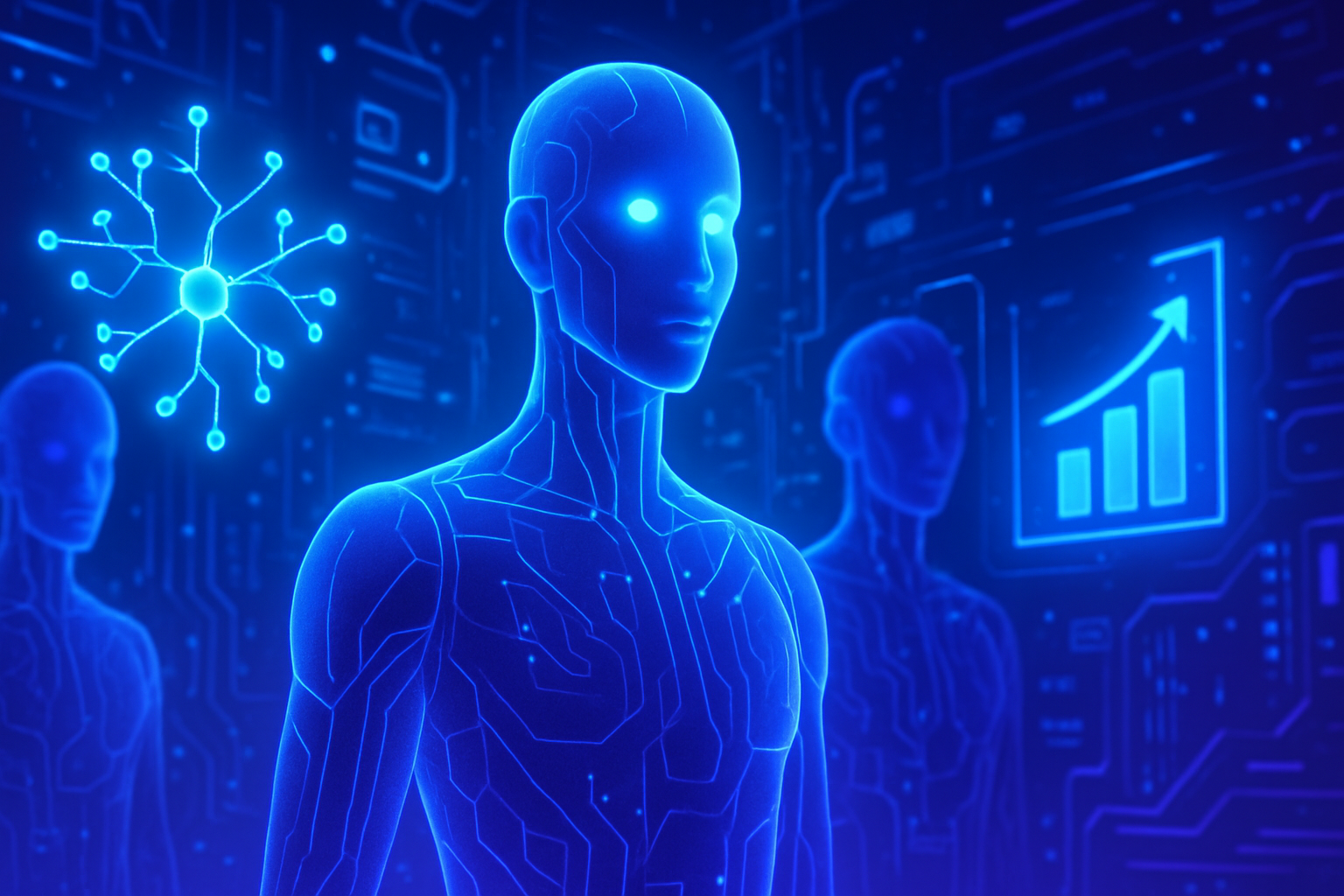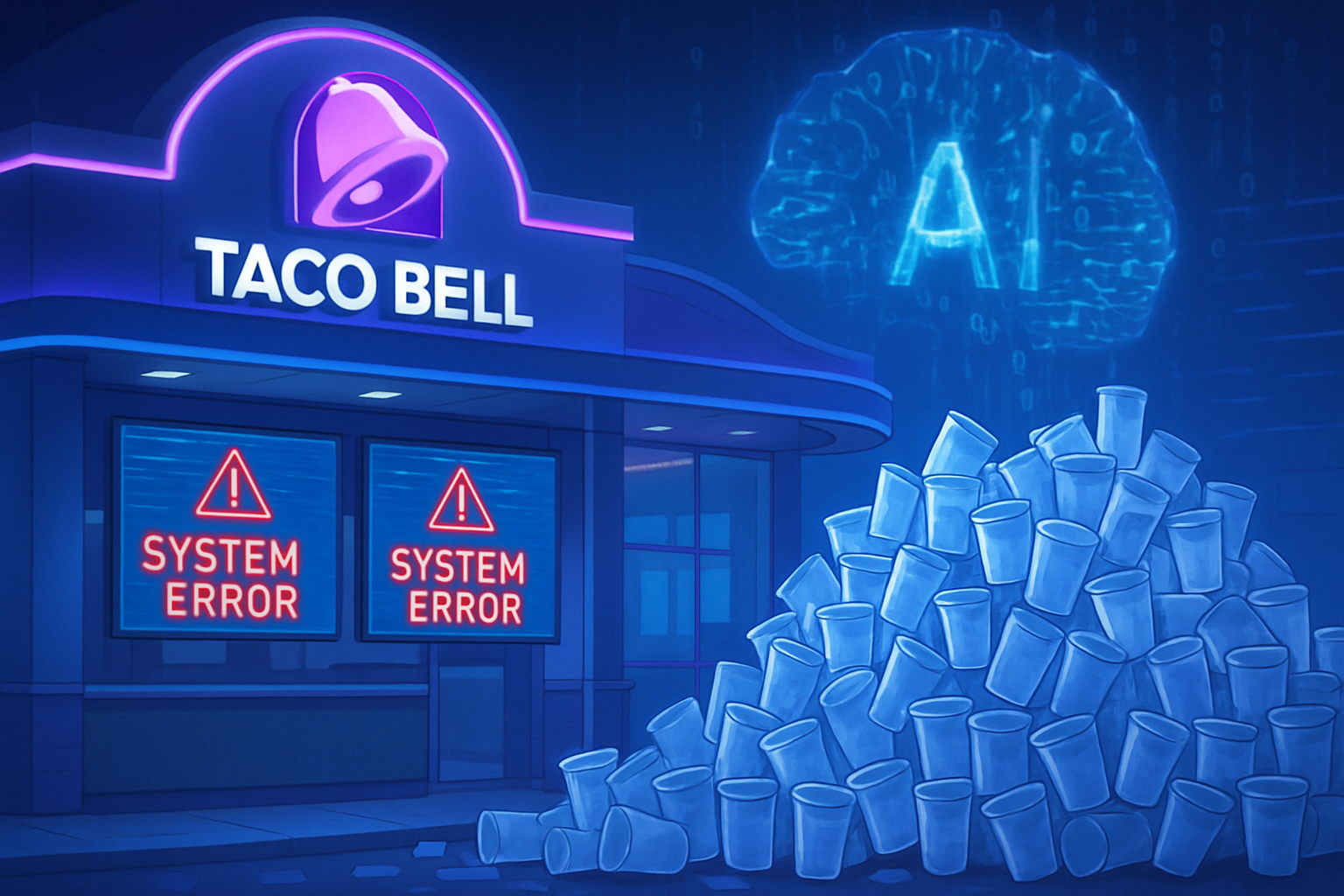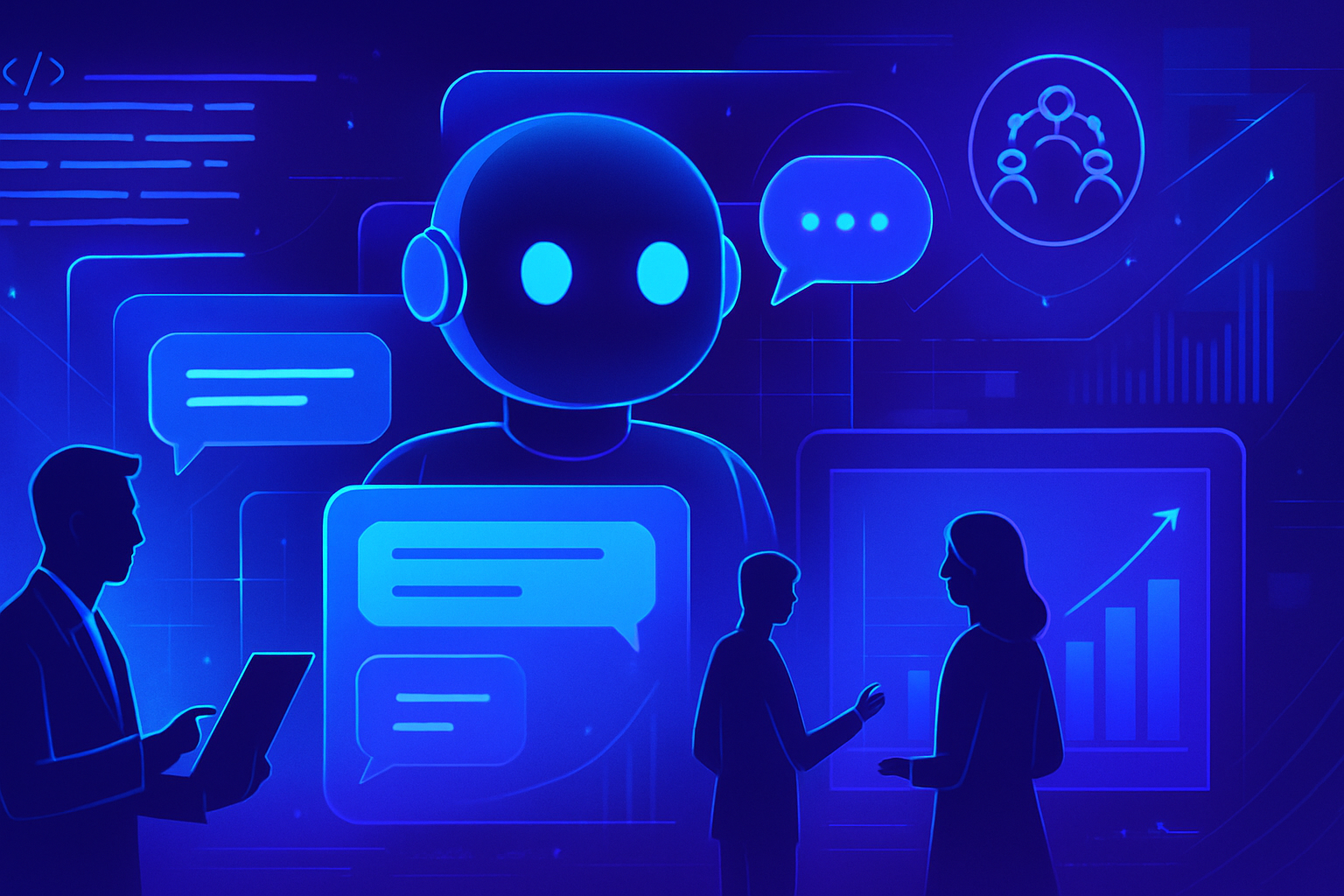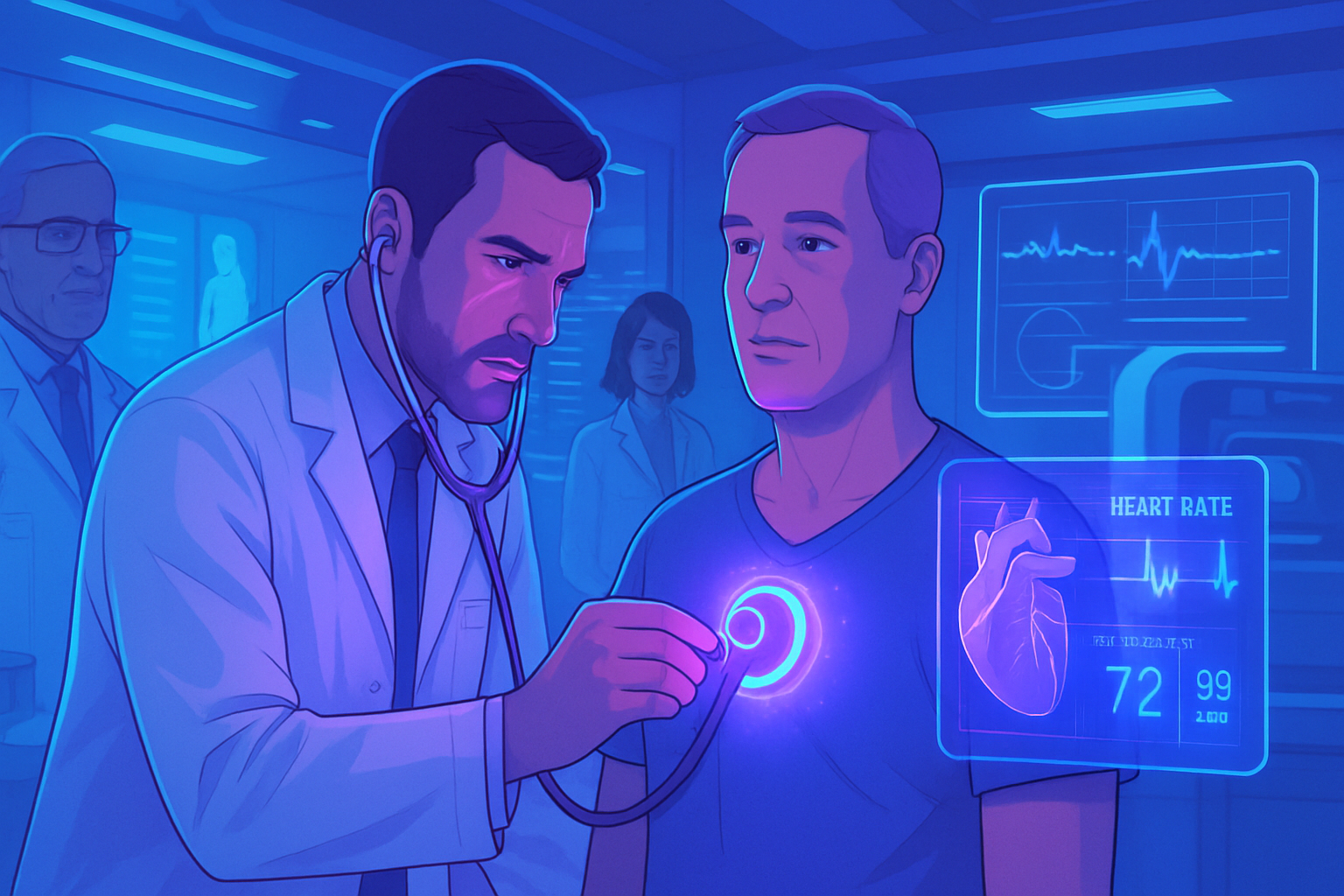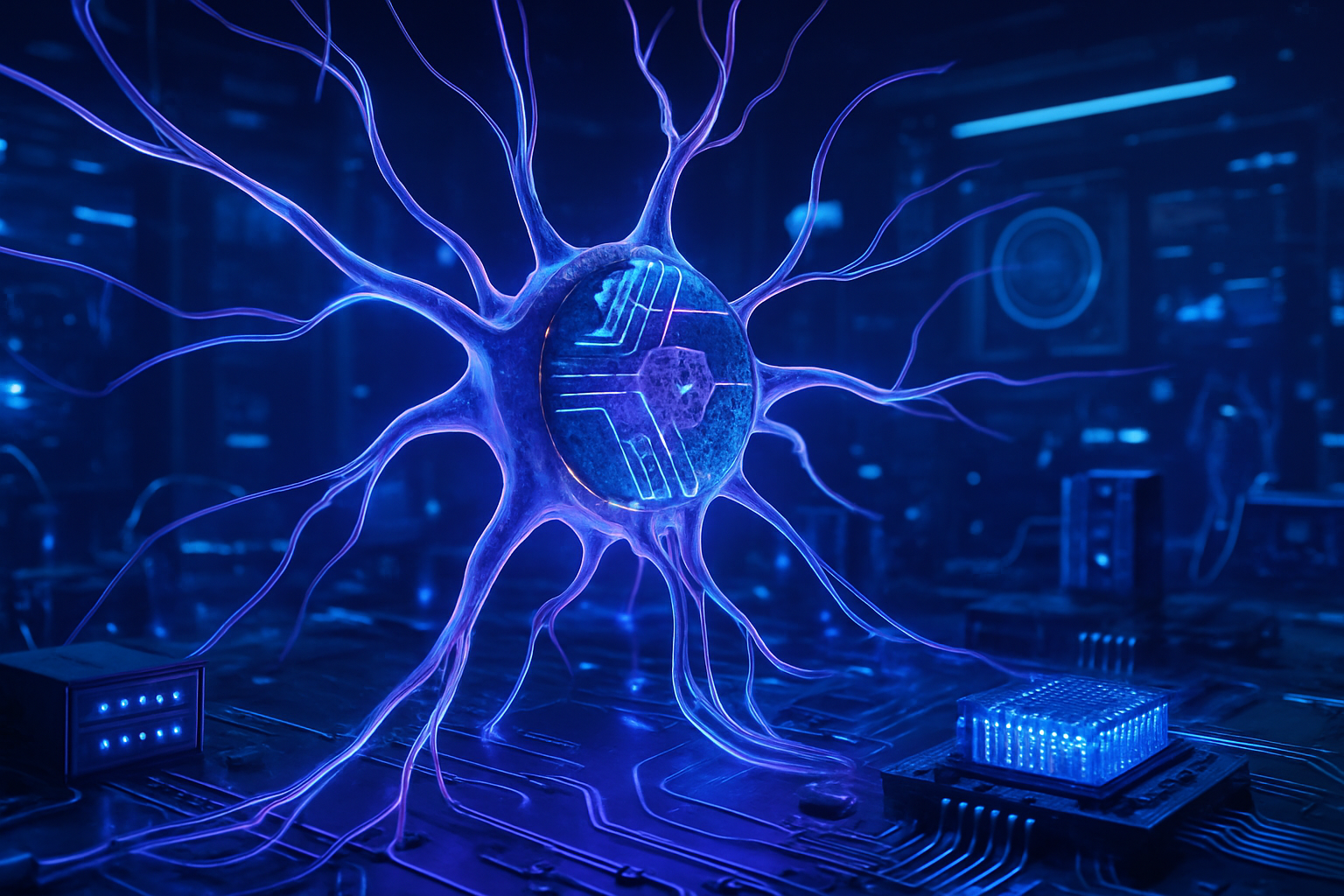AI agents represent a fascinating technological advancement, promising near-human capabilities. The vision of these captivating virtual assistants sparks a palpable enthusiasm throughout the technology sector. Their potential lies in their ability to perform complex tasks autonomously, transforming our daily interactions.
However, this ideal remains suspended by a reality that is sometimes detached from the concept. Technical challenges hinder their effective deployment in everyday life. The ambition of an AI agent capable of replacing humans in their responsibilities raises crucial ethical questions.
AI Agents: An Evolving Concept
Artificial intelligence (AI) agents have captured the collective imagination. Often inspired by fictional entities such as J.A.R.V.I.S., their potential fascinates and intrigues. They represent an advancement over chatbots, capable of executing complex tasks without requiring constant interaction with the user. This reliance on AI agents has sparked a lively debate about their future and practical utility.
The Rise of AI Agents
The term “AI agent” has gained popularity in the technology sector, especially since 2023. This turning point has seen a surge in discussions on how to transform this concept into operational reality. Although successful examples are rare, companies are heavily investing in the development of these tools in response to the growing market interest.
Promising Use Cases
In February 2024, Klarna revealed that its AI assistant had done the work of 700 customer service agents, demonstrating an unprecedented automation capability. These results have fueled the conversation about the future of AI agents in various industries. This announcement marked a turning point in public perception of AI capabilities.
Current Limitations
Despite advancements, many AI agents suffer from technical limitations. Users often report issues with performance and reliability. Tools like OpenAI’s Operator, meant to facilitate daily tasks, often remain slow and buggy. Critics point out that these solutions, while ambitious, do not yet meet consumer expectations.
Infrastructure and Technical Challenges
The development of AI agents also relies on robust infrastructure and thorough research. Companies like Google invest in talent to accelerate their autonomous agent projects, while Anthropic and OpenAI compete to introduce new features. The road remains fraught with obstacles, noting that the real challenge is optimizing performance while minimizing errors.
The Impact of AI on Employment
The rise of AI agents raises concerns about the future of certain professions, particularly junior software developers. Many companies, such as Microsoft and Google, see percentages of code written by these systems reaching up to 30%. This complicates the sustainability of jobs in the face of automation.
Ethics and Regulation
The ethical implications of AI have become paramount. Experts express concerns about the potentially malicious use of AI technologies. Regulation proves essential to frame these innovations, while companies assure that they are taking a number of precautions. Yet, discussions around the risks associated with the actions of bad actors persist.
Underlying Dangers
Concerns regarding AI agents extend beyond professional or technical risks. Scenarios envision the use of these systems for malicious activities, highlighting the need to clearly define usage boundaries. Initiatives aimed at developing protections against such abuses are therefore urgent.
Future Perspectives
Technology leaders are fostering efforts to continually improve AI agents. The focus is on solutions embracing both innovation and ethical responsibility. With examples like the new task management tools, the promise of a future where AI agents excel is drawing closer. However, challenges remain numerous.
Current trends also show that companies are turning to specific government applications, with increased interest in platforms adaptable to today’s challenges. Vast updates and developments will emerge, making this technology increasingly impactful.
Advancements such as Adobe’s new platform focused on customer experience illustrate the integration potential of AI agents into daily life. Currently in a maturation phase, the technology continues to evolve.
The capabilities of AI agents still need to overcome various challenges before becoming established. Conversations around ethical risks and the necessary safeguards are intensifying, synonymous with increased vigilance on this delicate subject. The road is long, but the prospects remain promising.
FAQ on AI Agents: Science Fiction Promises to Refine
What are the main challenges facing AI agents today?
The main challenges include understanding natural language, the ability to perform complex tasks without constant assistance, and managing errors and bugs in their performance.
How are AI agents different from traditional chatbots?
AI agents go beyond chatbots by being able to autonomously perform complex multistep tasks without requiring continuous communication with the user.
What future is expected for AI agents in everyday applications?
It is anticipated that within a few years, AI agents will be capable of efficiently managing various tasks such as booking travel, organizing events, and even personal assistance in more sophisticated contexts.
Why is coding AI considered a concrete use case for AI agents?
AI coding is one of the few examples where agents prove effective, as they can assist developers by writing code and automating tasks, making the development process faster and more efficient.
Which types of industries are most likely to adopt AI agents in the near future?
Industries such as finance, customer service, and software development are already integrating AI agents to improve efficiency and optimize business processes.
How are companies addressing ethical concerns related to the use of AI agents?
Companies are implementing security protocols and regulations while employing ethics teams to ensure that AI use is responsible and secure.
Can AI agents replace human jobs in the future?
While they have the potential to replace certain tasks, AI agents are more likely to complement human work rather than completely replace it, taking on repetitive tasks.
What is the difference between a traditional AI agent and an intelligent agent like Claude or ChatGPT?
Intelligent agents, such as Claude or ChatGPT, use advanced machine learning models to provide more natural interactions and perform a variety of tasks instead of being limited to pre-programmed responses.
How can the effectiveness of an AI agent be assessed in a business context?
The effectiveness of an AI agent can be measured by the reduction in time needed to complete tasks, user satisfaction levels, and the improvement of business outcomes generated through the use of the agent.
What measures should be taken to prevent abuse of AI agent technologies?
It is essential to establish clear regulations, create security standards, and raise user awareness of the risks and limitations of AI agent technologies to prevent misuse.
